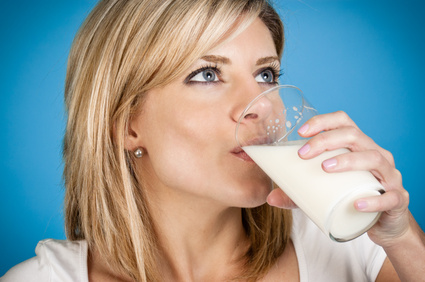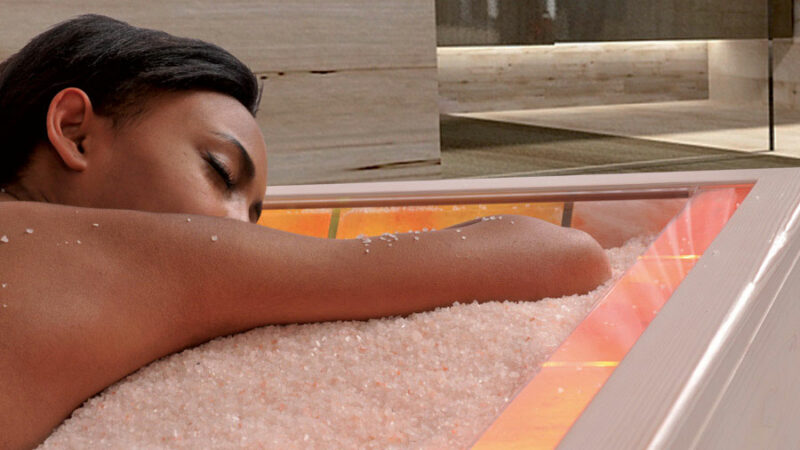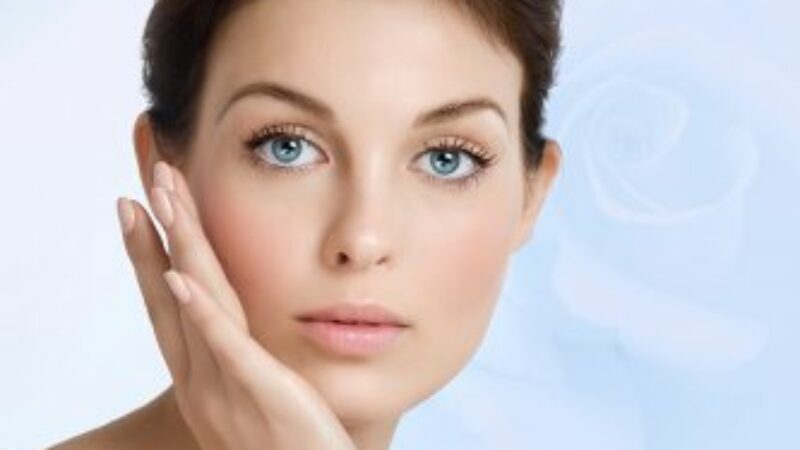Clinical studies indicate that diet does play a role in acne. What hasn’t been so clear is what components of diet are implicated.
As reported recently, a landmark overview of research carried out over the past 50 years has found that eating foods with a high glycemic index (GI) and drinking milk not only aggravated acne, but in some cases triggered it, too.
Acne is the result of excessive sebum (oil) along with a build-up of dead skin cells that clog pores and lead to what are known as pimples. Research has linked the consumption of sugar, chocolate and fat as the main dietary culprits leading to acne. Newer research, from two important studies has helped downplay the significance of diet. More recently however, the diet-acne relationship has been revisited.
High GI foods are absorbed into the bloodstream quickly and are thought to have a direct effect on the severity of acne because of the hormonal fluctuations that they trigger. In particular, high GI foods cause a spike in hormone levels including insulin which is thought to instigate sebum production. High GI foods include sugary fizzy drinks, cakes, pastries, chocolate, white bread and potatoes. Low GI foods include fruit and vegetables, wholegrain options such as brown pasta, basmati rice, cous cous and pulses.
Milk is thought to affect acne because of the hormones it contains. A 2007 study carried out by Harvard School of Public Health found that there was a clear link between those who drank milk regularly and suffered with acne. Interestingly, those who drank skimmed milk suffered with the worst breakouts, with a 44 per cent increase in the likelihood of developing blemishes. It is thought that processing the milk increases the levels of hormones in the drink.
An Australian study in 2007 showed that young males who were put on a strict low GI diet noticed a significant improvement in the severity of their acne.
The latest overview, published in the Journal of the Academy of Nutrition and Dietetics, suggests that practitioners address each acne patient individually, carefully considering the possibility of dietary counseling.




For best,
While there are no studies to show the impact of soy on acne (either improving or exacerbating it), anecdotal evidence has some individuals saying that it worsens their acne while others claim that it improves it. It’s possible that soy could cause acne due to a few reasons including – the hormonal effects of isoflavones in soy; an allergic reaction to soy or its interference with the absorption of certain minerals. However, without any research, it is difficult to know for certain.
If you feel that soy may be causing your acne, you may want to consider eliminating it from your diet for 4 to 6 weeks and then reintroducing it to see if it has any impact on your skin. This is probably the best way to know how your body reacts to soy.
Best, Sharmani